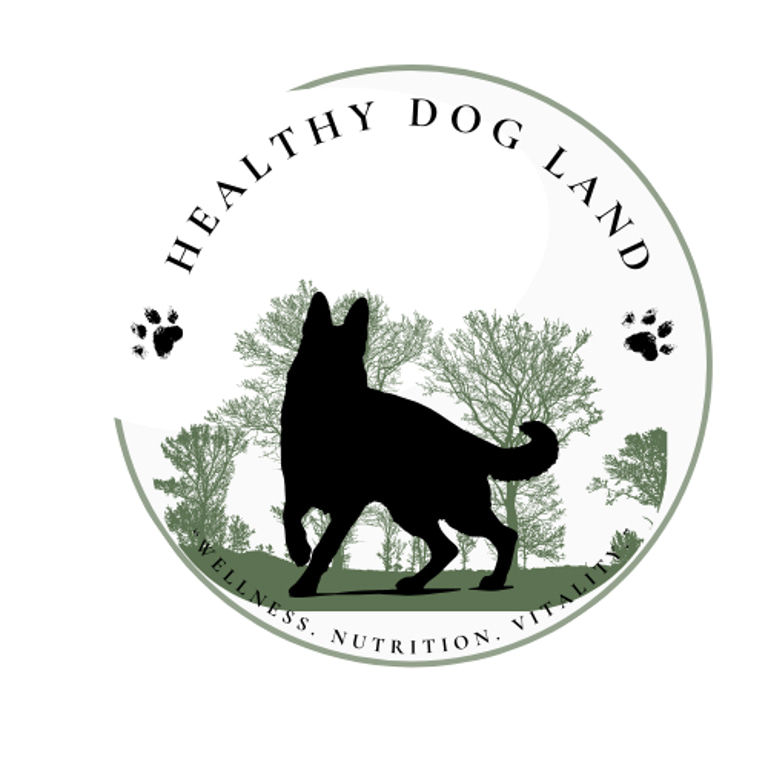Is Kibble Hurting Your Dog? Uncover the Truth About Processed Dog Food
5/26/20252 min read


Understanding the Impact of Kibble on Your Dog
As a dog parent, you're likely concerned about what goes into your furry friend's bowl. It's tempting to grab a bag of kibble at the store, but have you ever wondered if kibble is truly the best choice? Many dog owners are unaware of the potential downsides of feeding their pets processed food. In this post, we'll explore why kibble might not be serving your pooch the way you think, and how you can begin transitioning towards a healthier diet.
The Drawbacks of Processed Dog Food
Processed dog food, like kibble, often contains fillers, artificial additives, and preservatives that may negatively affect your dog's health. These ingredients are primarily used to keep costs down and extend shelf life, but they may not provide the essential nutrients your dog needs. Some studies suggest that a diet high in processed food can lead to allergies, obesity, and digestive issues in dogs.
Moreover, kibble is typically cooked at high temperatures, which can destroy vital nutrients and enzymes. This means that your dog may not receive the full range of vitamins and minerals necessary for optimal health. Signs such as a dull coat, low energy levels, and frequent stomach upsets may indicate that your dog is not thriving on a kibble-heavy diet.
Transitioning to a Healthier Diet
Now that you've learned about the potential pitfalls of kibble, you might be wondering how to start making changes. Transitioning your dog to a more nutritious diet doesn’t have to be overwhelming. Begin by introducing high-quality, whole foods into their meals gradually. Consider options like real meats, vegetables, and grains that are easily digestible.
Mixing fresh ingredients with their kibble can help your pup adjust to the new taste and texture without sudden digestive disturbances. For example, try adding cooked chicken or sweet potatoes to their existing food. This approach provides a balance of nutrition while easing your dog into healthier options.
Additionally, consulting your veterinarian can be invaluable when making dietary changes. They can guide you towards the best foods for your dog's specific health needs and lifestyle.
Conclusion: A Healthier Future for Your Dog
Shifting away from kibble can lead to a healthier, happier life for your dog. By choosing whole foods over processed ones, you'll be taking an essential step in ensuring your furry friend enjoys optimal nutrition. Remember, just as you are concerned about what goes into your belly, the same care should extend to your pet's diet. Your dog deserves the best, and transitioning to real nutrition can improve their overall well-being. So, why not start today? Let’s get our pups on the path to better health, one bowl at a time!
